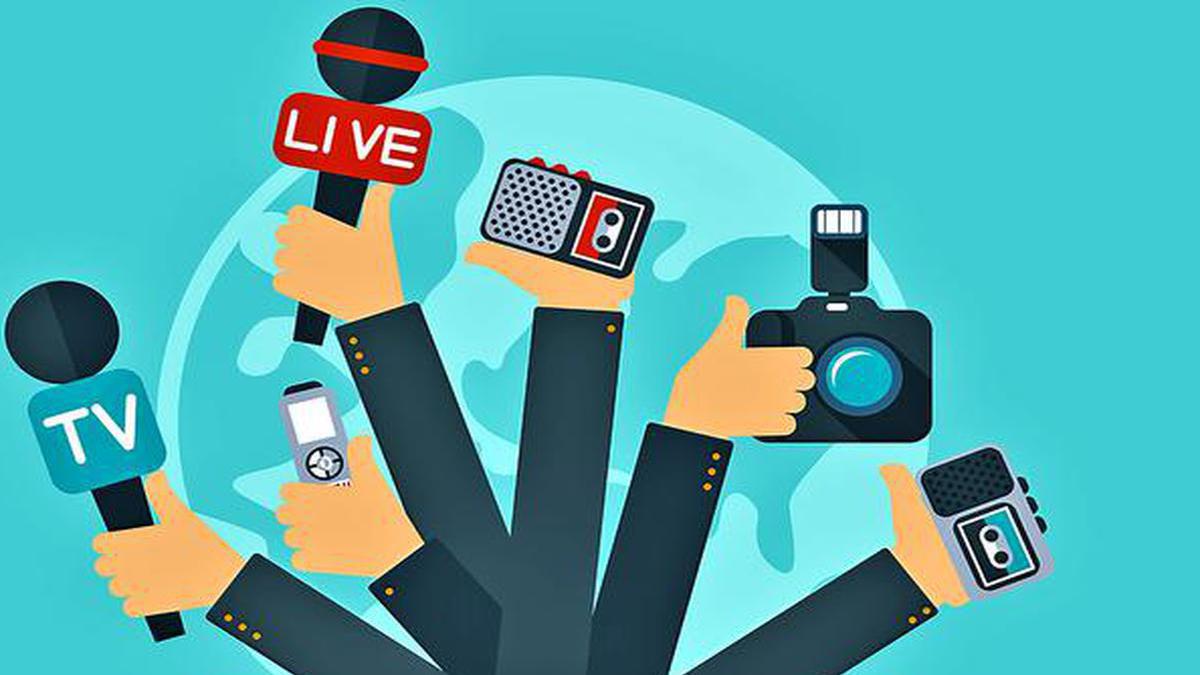If you’ve scrolled the Internet long enough, you know there’s a wave of outrage against the new draft of the Broadcasting Services (Regulation) Bill that was announced in 2023. Content creators are concerned that this could be a serious infringement of the freedom of speech and expression as guaranteed by our Constitution. But before we move on, what is the bill really about?

Meant to replace the 1995 Cable Television Networks (Regulation) Act, the Broadcasting Services (Regulation) Bill seeks to provide a single legislative framework to the broadcasting sector, reports The Hindustan Times,. Along with along with TV channels and FM radio, the term ‘broadcasters’ here extends to streaming platforms, digital news, and current affairs as well.
The Bill consists of six chapters, 48 sections, and three schedules. It seeks the establishment of a new regulatory body called the Broadcast Authority of India to look after its execution. It proposes self-regulation of content and the establishment of a ‘content evaluation committee’ to assess and certify content’s compliance with the established codes. Moreover, it seeks to make content more inclusive for people of disability, urging broadcasters to use subtitles, audio descriptors, and sign language. In addition to this, the bill also proposes transparency and grievance redressal to address decision making transparency and a more seamless grievance redressal mechanism.

Originally, the broadcast bill was published in November last year for public consultation. The revised version has exponentially maximized the stakeholders impacted by this bill and while it remains to be discussed in the Parliament, it is accessible to a limited audience right now, as per the report. So basically, those that will be regulated are not even being consulted for the draft because it is exclusively accessible to a select few stakeholders who were asked to not share it further. The new draft isn’t really available in the public right now.
Now, the bill has been a subject of concern since the start. However, the new update has worsened things in a way because it also implicates the inclusion of online content creators, podcasters, and individuals who create videos on current affairs as digital broadcasters. Basically, if you’re an individual creator who also makes commentaries on socio-political issues, you are directly affected by this. Such Indian content creators will have to notify the Government of India of their existence within a month after the bill has been passed. They will also have to evaluate the content to ensure it’s not violating the programme code before publishing anything. They will also have to furnish the Government with the details about their users and a failure to do so might result in facing criminal liability, according to a Newslaundry report.
The new Broadcast Bill by the BJP government is a step towards suppressing public voices on social media. This bill gives the government more control over what can be broadcasted, leading to potential censorship and a threat to free speech. pic.twitter.com/5BU81NSXD3
— Aswin Trivandrum (@AswinTvm3) July 28, 2024
Where, on one hand, the bill intends to standardise broadcasting, randomly classifying content creators as broadcasters and imposing serious restrictions on content, raises serious questions on what freedom of speech really is.

















